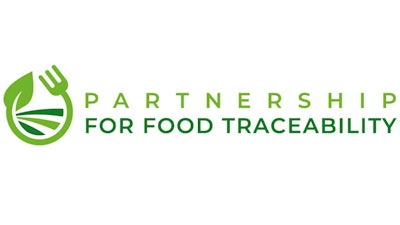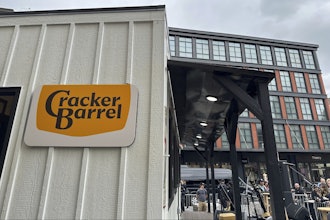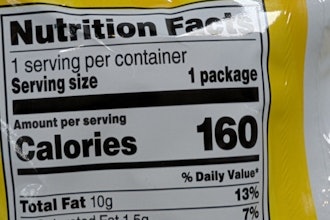
A new public-private partnership has been launched to advance a shared vision for enhanced food traceability in conjunction with the requirements of the Food Traceability Rule, which implements FSMA 204(d). Although the Rule, for which industry compliance is due in January 2026, requires coordination across sectors, industries, company sizes, and business models for traceability, it does not address how that coordination is to be achieved.
The Partnership for Food Traceability (PFT), an independent, sector-neutral forum for industry, regulators, industry associations, technical experts, and technology vendors, is seeking to address that gap. Not only is PFT the only independent forum that brings all parts of the supply chain together to make critical implementation decisions and define a shared vision for food traceability, but it also includes participation from FDA, state, and local officials. Together, the partnership will allow for industry and regulators to learn from each other while working to advance traceability.
With a focus on defining consensus business and functional requirements for traceability, PFT is a forum for the exchange, gathering, and use of traceability data among supply chain partners to deliver a common vision for traceability across sectors, industries, associations, and consortia. Additionally, PFT is intended to provide a forum for technical implementation discussions between food industry stakeholders. The group will work toward defining a consistent set of business and functional requirements for traceability, a decision-making mechanism on industry’s traceability implementation, and an organized plan for how the industry can successfully migrate to enhanced traceability. Resources and materials created via the public-private partnership to implement and comply with traceability requirements will be open-source. The organization will also identify additional pilot needs and coordinate public-private engagement in future pilots.
Although the Food Traceability Rule’s requirements for enhanced traceability and recordkeeping for certain foods do not mandate electronic traceability, the rule aligns with and is supported by FDA’s New Era of Smarter Food Safety initiative, which aims to harness technology and data to advance food safety and traceability. With food companies increasingly employing electronic traceability, a tremendous momentum toward electronic traceability has been created, which has simultaneously highlighted the complexities and cross-sector interdependencies needed to achieve that goal.






















